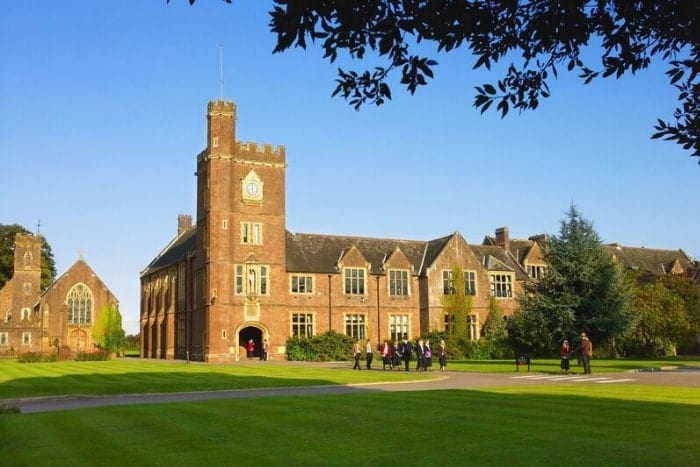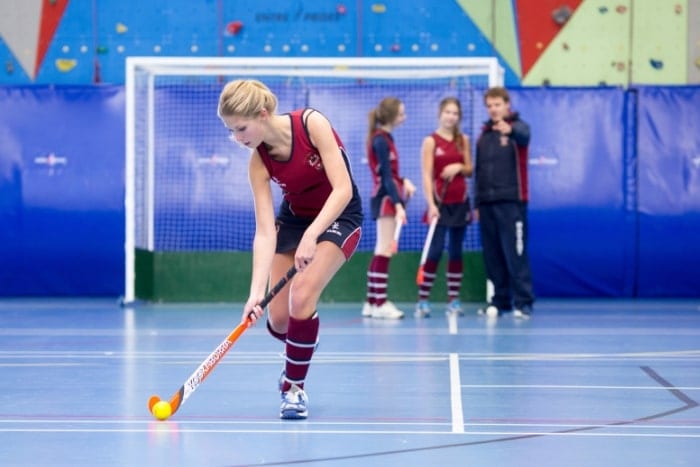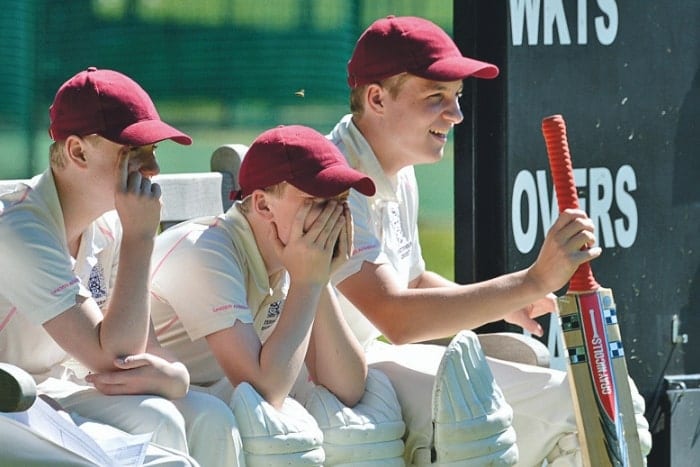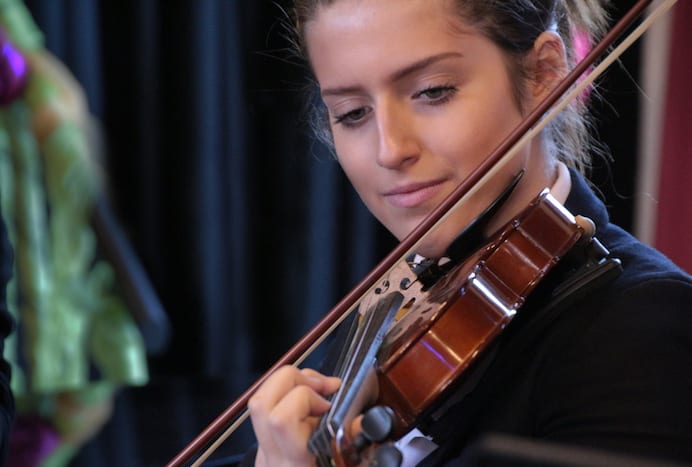Planning to send your child to study in the UK? Don’t miss the opportunity to talk to the Education Consultants and Heads and representatives of UK schools at the UK Boarding School Exhibition.
A UK boarding education is increasingly popular with local and expat families living in the Gulf region: to ensure stability of education; as a stepping stone to university; for learning support and the opportunity for children talented in sport, music, drama or academically to achieve their potential. Finding the right school is a daunting prospect, particularly when you live thousands of miles away. Anderson Education, the UK boarding school specialists offer families free impartial help and advice; we have visited over 350 UK boarding schools and are able to help families through the process. Our unique education service is tailored to the individual needs of each child and their family; we understand the importance of this emotional and financial decision to provide the best education we can for our children.
The UK Boarding School Exhibition at Grosvenor House Hotel, Dubai Marina on 28 and 29 February 2020 is a good place to start your research and provides an opportunity for you to come and talk to leading UK boarding schools, find out what they have to offer and the many benefits of a UK boarding education. You may want to talk to schools about: IB or A Levels; girls, boys or coed; state boarding schools; sporting academies; schools in the North, South, Scotland or Wales.
Go through the FAQs below to learn more about the UK boarding school education before attending the exhibition.
What is the best age to send my child to boarding school?
Every child is different, but as a general rule 9 to 13 years; the earlier the better.
When is the best time to apply?
We recommend that you start planning 18 months before the proposed entry date.
What is the boarding house like?
A traditional boarding house would have approximately 50 pupils, they have common room areas to cater for everyone’s needs. These may include a television room with a video/DVD player, a study area for prep (homework) and computer access, a games room with table football, pool table. In addition, each House has a kitchen equipped with a kettle, microwave, fridge and toaster so that pupils can make themselves snacks. The school will provide basic provisions. The set-up of houses will vary from school to school, however, most have girls and boys in separate houses according to age.
Do pupils share a room?
Younger pupils are usually in a room with 3 or 4 other pupils; as they progress through the school they will move in to twin rooms with sixth form students (age 16 – 18) having their own study bedroom. Pupils are encouraged to bring pictures and posters from home to decorate their rooms.
How does the school help new boarders to settle in?
Some schools invite new pupils to the school in the summer term before they join, this gives them the opportunity to meet other new pupils, the teachers and visit their new boarding house. At the beginning of term, boarders will arrive the day before the timetabled lessons start; they will usually have a full induction programme and may be paired with a ‘buddy’.
When can I contact my son or daughter?
Boarders have some free time after the end of the school day and between after school activities and meals. They will get a school email address and will have internet access in their boarding houses to enable them to contact home by text, Facetime, WhatsApp and Skype.
What do boarders do in their spare time?
Boarding life tends to be very structured, however, they will have some free time after school and at weekends; they are encouraged to make use of the excellent facilities on site and take part in a wide range of extra-curricular activities, trips and excursions.
What happens if my child feel unwell?
All schools have a registered nurse on site and visiting local GP; parents will be kept informed of their child’s health.
Can pupils wear their own clothes at school?
In the evenings and weekends, and at certain other times, pupils in all year groups wear their own clothes. A suggested clothing list will be provided by the school.
What does the boarding fee include?
The boarding fee includes accommodation, tuition, food and laundry
What additional costs can I expect?
There is a charge for individual lessons for example a musical instrument, horse riding lessons and Learning Support.
For enquiries, email [email protected] or call Sarah Harvey at +971 (0)50 5520968
To learn more about Anderson Education, visit andersoneducation.co.uk
Recommended For You...
Check out our Events Diary to see our full list of top events and activities in Abu Dhabi for families.






